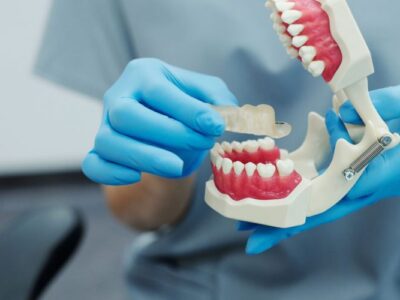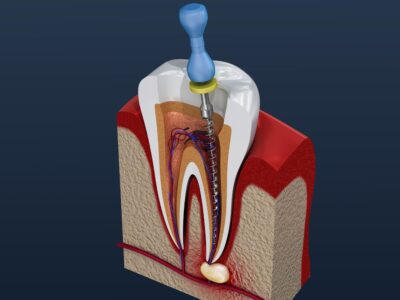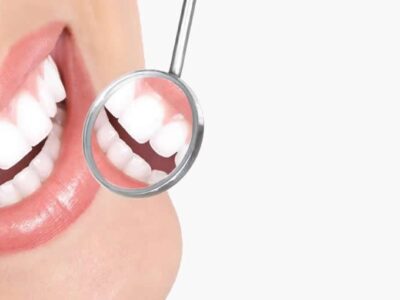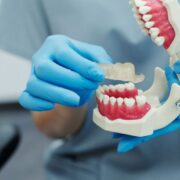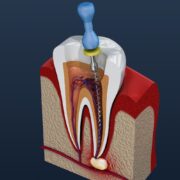
Erectile Dysfunction (ED) is defined as the inability to have and maintain an erection sufficient for sexual intercourse. Having erectile dysfunction from time to time is not necessarily a sign of larger underlying health issues. However, if erectile dysfunction continues over an extended period of time, it can certainly contribute to low self-esteem, stress and affect your overall relationship quality. The definition of what is erectile dysfunction can be misunderstood, so if you are experiencing problems with your ability to achieve or maintain an erection, it is important that you speak with your doctor about your condition. Understanding the underlying causes can provide useful tips and helpful advice for improving your erectile dysfunction.
ED occurs when a man’s pelvic floor muscles are weak or ineffective. In some cases, the muscles can be overstrained and can cause temporary symptoms such as mild bladder control or weak erections. However, most men with erectile dysfunction experience more severe symptoms. Some of the symptoms include having difficulties achieving or sustaining an erection, experiencing erection problems during intercourse and trouble maintaining an erection long enough to complete sexual activity. Men with this condition can also experience symptoms such as loss of sexual desire and premature ejaculation.
The good news is that there are several treatments available for the underlying condition that can lead to erectile dysfunction. If ED is caused by psychological issues such as depression or stress, your doctor may prescribe anti-depressants or anti-anxiety medications. There are also various antidepressants that your doctor may recommend. If these do not work, your doctor may decide to prescribe more aggressive treatments such as Viagra, Cialis and Levitra.
If your condition is caused by a physical cause, your treatment may focus on addressing the underlying problem. Your doctor may recommend exercises, lifestyle changes and surgery in some cases. In most cases, once your underlying condition has been treated, your sex life will improve as your erectile dysfunction dissipates.
If you are suffering from physical conditions that can lead to erectile dysfunction, your doctor will likely ask you to undergo a physical exam. During this exam, your doctor will check for vascular problems and other conditions that can interfere with your sex life. He will also conduct several tests, such as a penile blood test, to determine your sexual arousal reflex. Your doctor will monitor your blood pressure and monitor your temperature.
Treatments for erectile dysfunction can be either natural or medical. The medications most often prescribed are anti-depressants and anti-anxiety medications. Although these medications can provide some relief, they have many side effects. The side effects can include hot flashes, blurry vision, dizziness, headaches and even sleep apnea. To achieve permanent results, your doctor may recommend a non-hormonal prescription drug regimen.
Every man who is in need of treatment for his erectile dysfunction (ED) knows that it can be devastating. The embarrassment, the fear of rejection, the frustration–all of these can make even the strongest, most passionate man feel inadequate. And ED treatment is only part of the equation. You need to address the underlying causes and find ways to strengthen your body’s natural defenses. So how do you go about treating this disorder?
In the case of ED, there may be multiple causes. In some rare cases, alcohol use may be the cause of erectile dysfunction. In these cases, the first line treatment would be to stop drinking. Alcohol use impairs blood flow and can weaken the erection muscles. Once you’ve stopped drinking, you’ll need to take other lifestyle choices to encourage stronger erections and to prevent further erosion of your sex life.
In the case of erectile dysfunction caused by other factors, like vascular disease or certain mental health conditions, treatment can often be more difficult. While some of these conditions are treatable, there are no cures for these conditions. Treatment options will usually include lifestyle changes and medications, like anti-depressants. If you’re at risk for any of these conditions, you should see your doctor and ask about ED treatment options.
One of the biggest myths surrounding erectile dysfunction is that it’s caused by a small number of main symptoms. The truth is that ED has a number of different underlying causes, including hormonal or vascular disease, enlarged prostates (the reason why so many men have erections during sports), and psychological problems. ED is also associated with several other symptoms that you may not associate with it, like fatigue, depression and anxiety.
For example, ED may be caused by a hormonal change in the body called hypogonadism. While this condition is most commonly found among men who are in their 30s, it can actually occur at any age. And, while it’s very common to suffer from erectile dysfunction as a result of hypogonadism, there are other types of erectile dysfunction that can occur as a result of other causes: problems related to the prostate or bladder, diabetes, and stress.
The treatment options available for erectile dysfunction cases vary widely. For many patients, standard medications such as Viagra or Cialis can be effective. Unfortunately, there is a growing body of evidence that suggests these treatments can have negative side effects. This is one of the main reasons why more people are turning towards all natural herbal solutions, as they can address these causes of ED without exposing their bodies to potentially harmful drugs.


